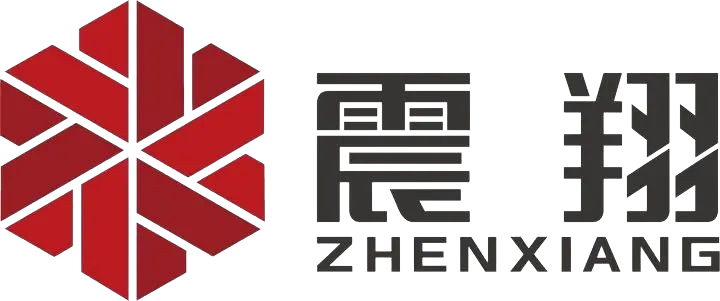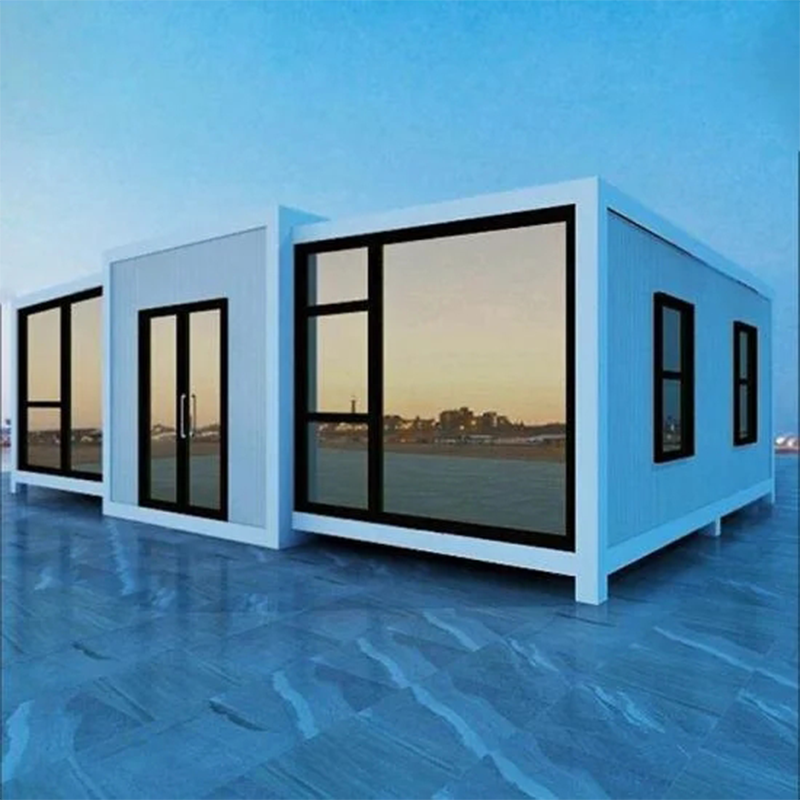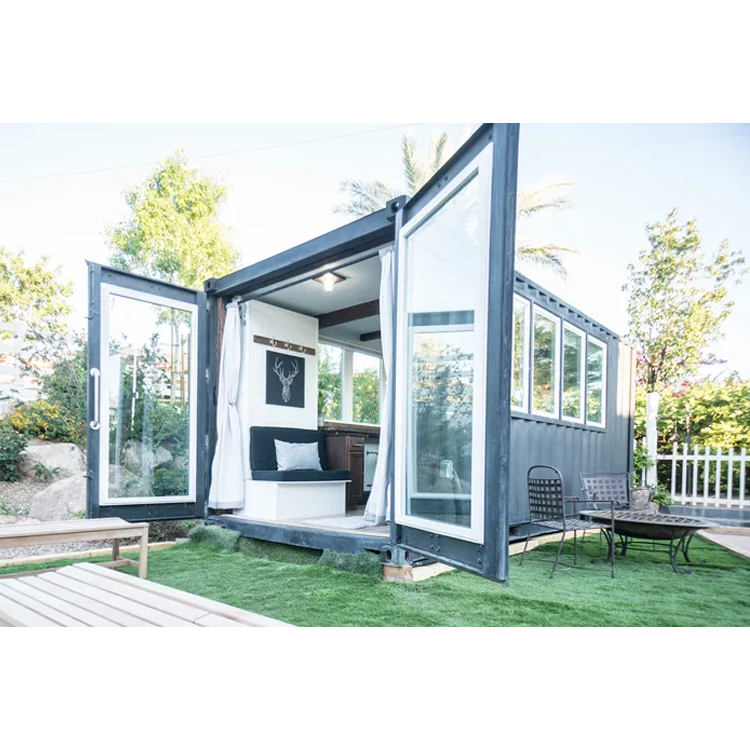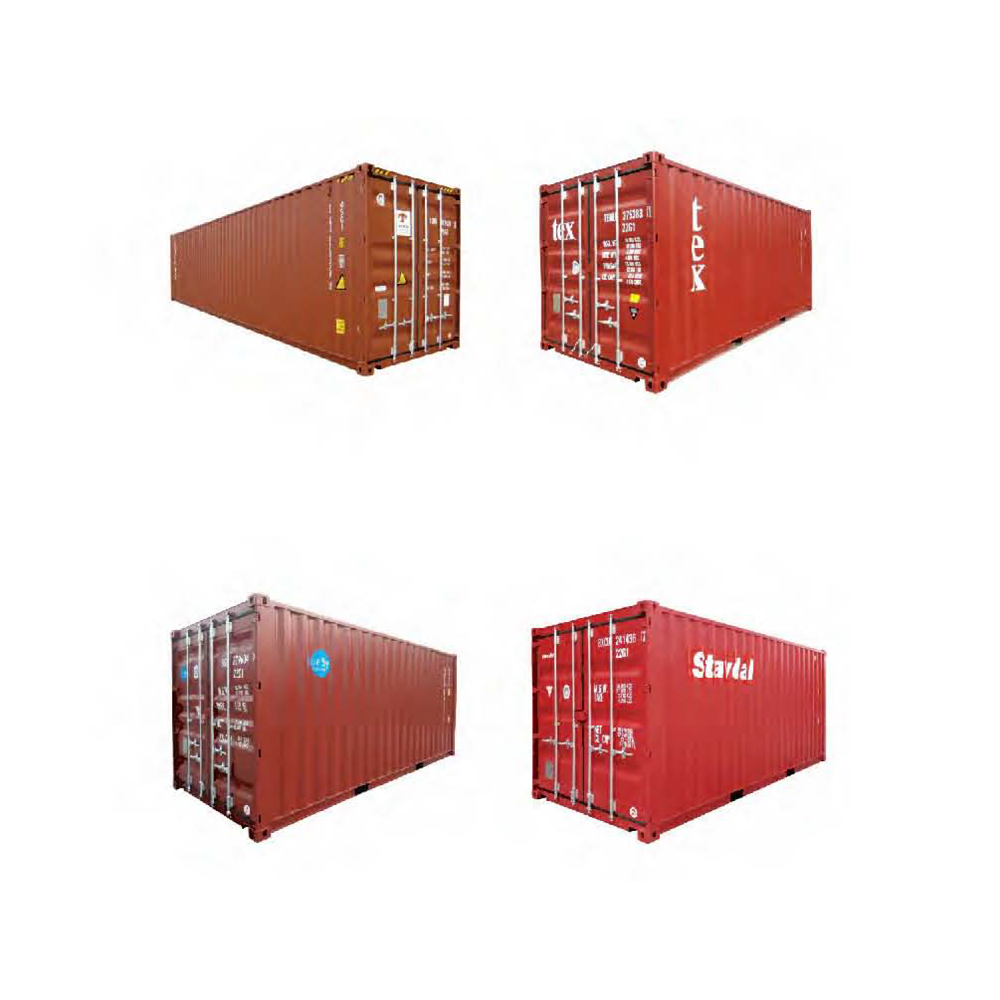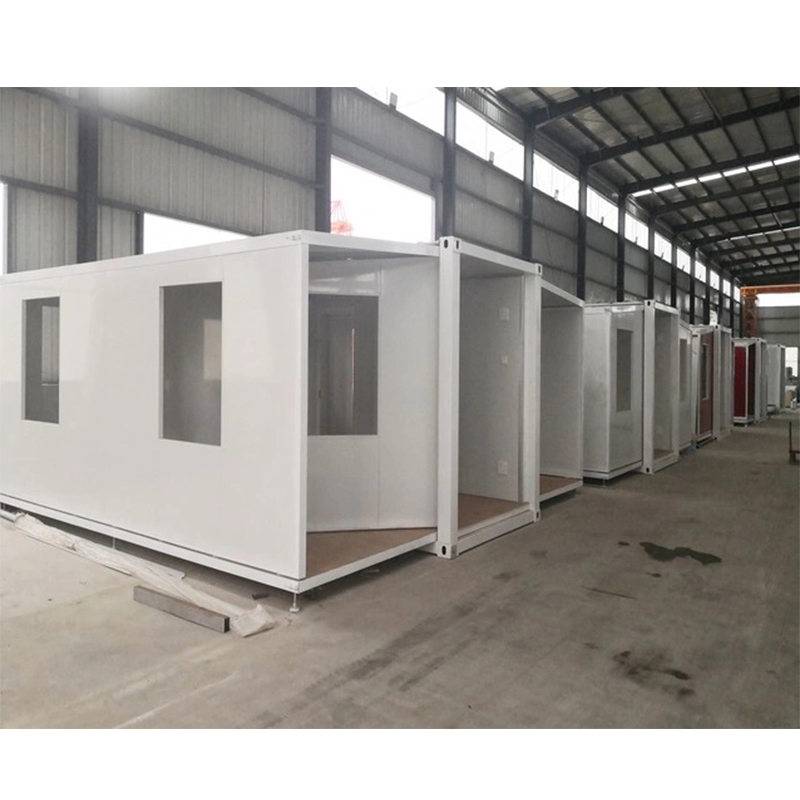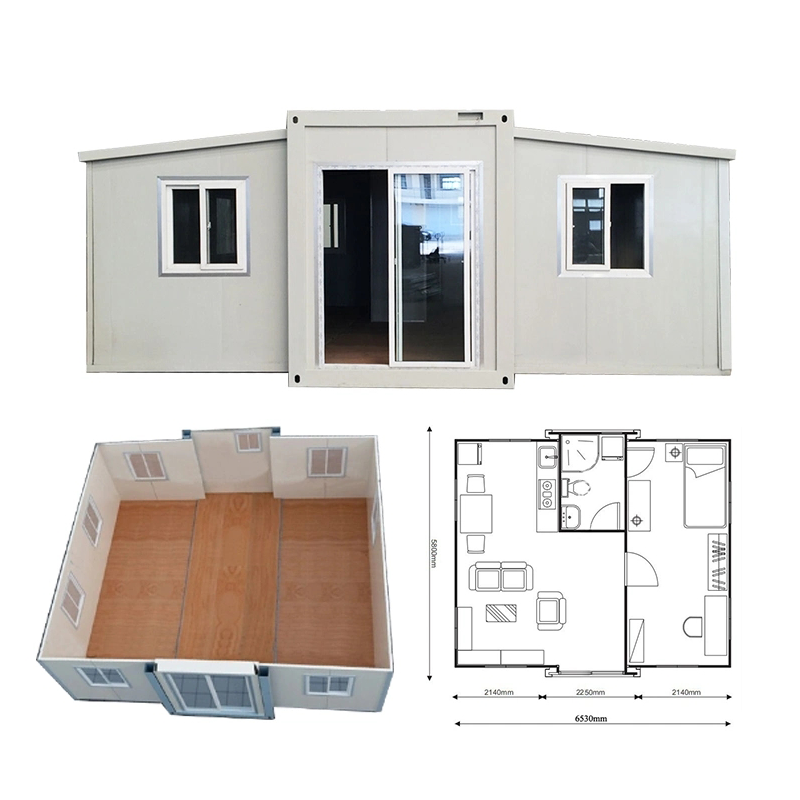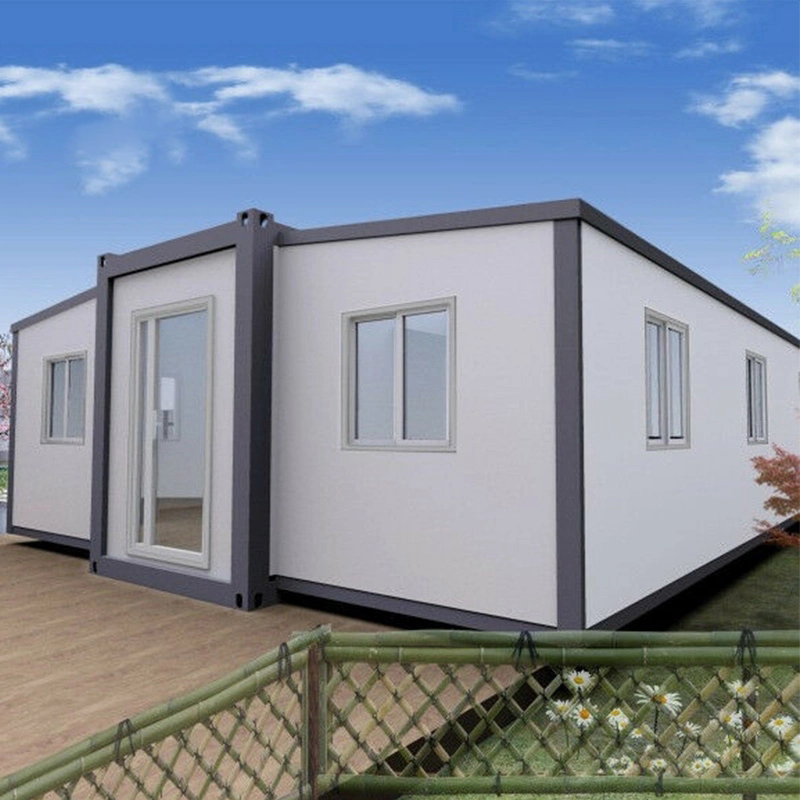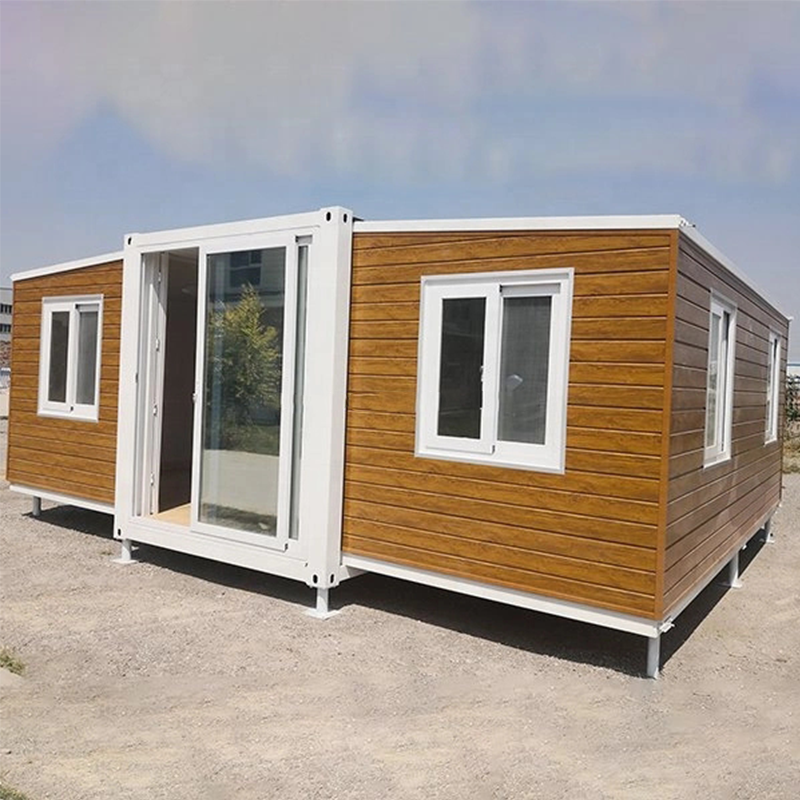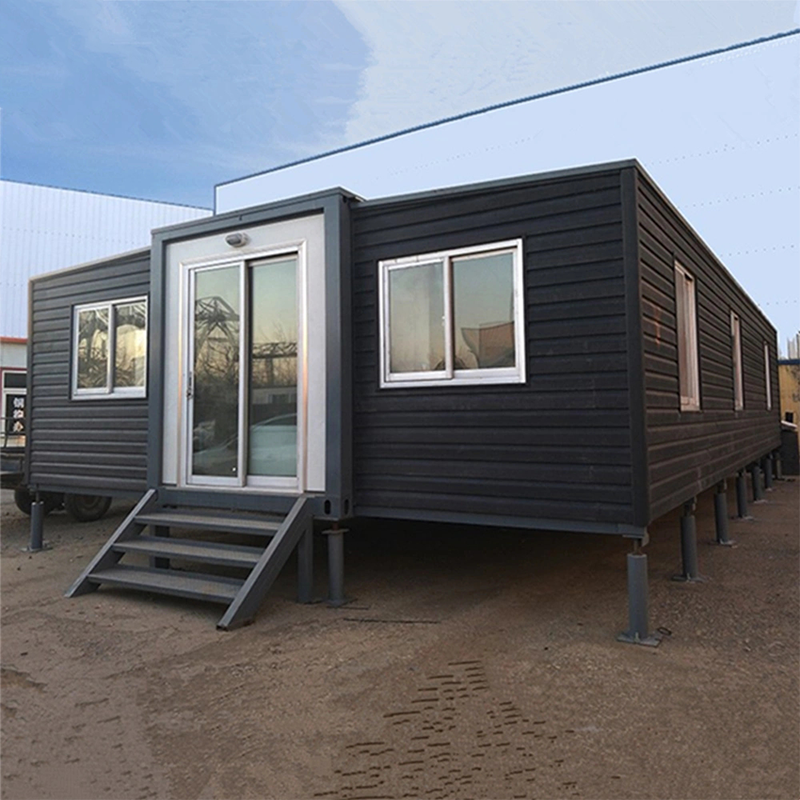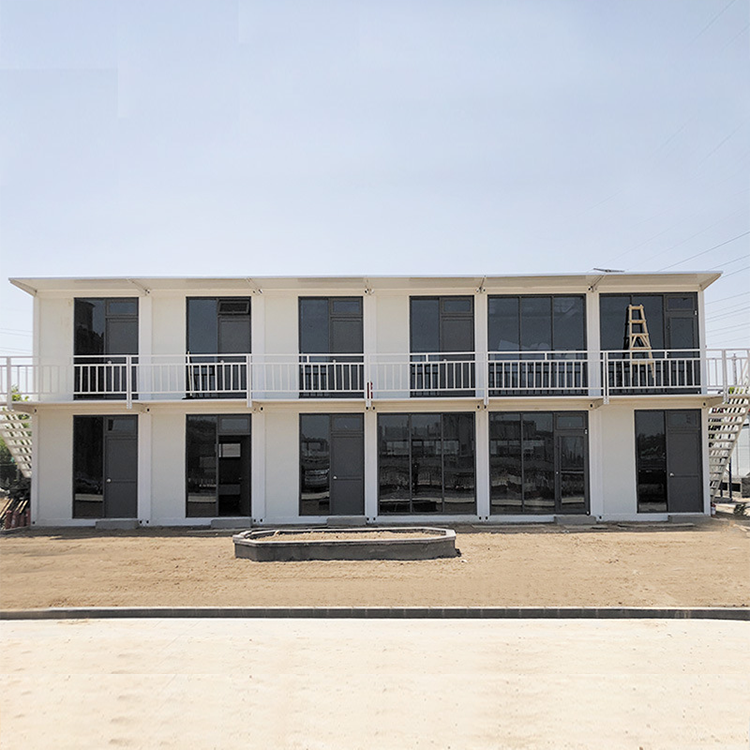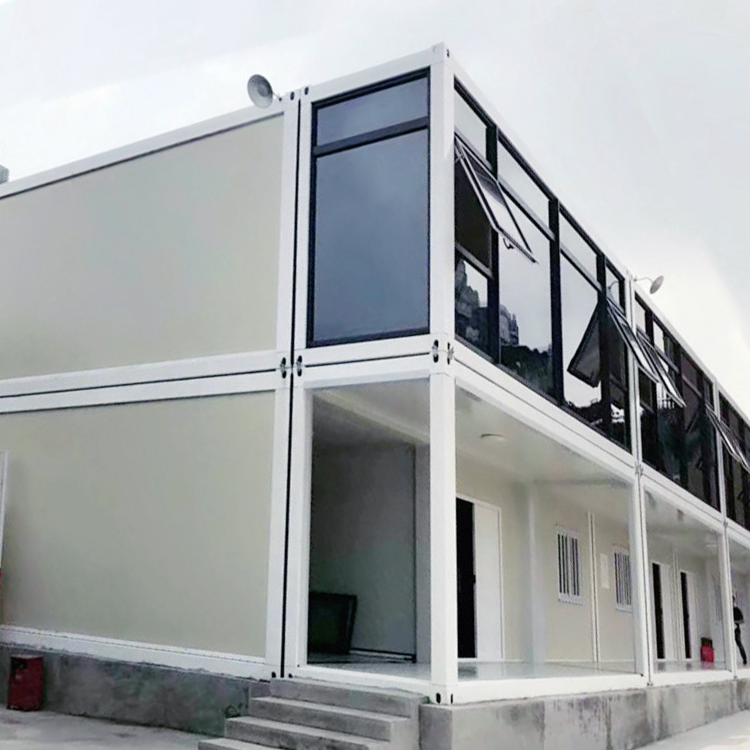What does the emergence of prefabricated houses mean
Prefabricated houses are rapidly gaining traction as a revolutionary solution in modern construction. This innovative approach involves constructing sections of a house off-site in a factory, then transporting them to the desired location for final assembly. With efficiency, sustainability, and affordability at its core, prefabricated houses are reshaping the way we build and live.
Unlike traditional construction methods that rely heavily on on-site labor and are susceptible to weather delays, prefab homes are manufactured in a controlled factory environment. This controlled setting allows for precise construction and quality control, resulting in faster build times and reduced labor costs. Additionally, the assembly process on-site is streamlined, further accelerating the construction timeline.
Moreover, prefabricated houses are highly sustainable. The manufacturing process generates less waste compared to traditional construction, as materials can be optimized and recycled more efficiently in a factory setting. Furthermore, advancements in green building practices have enabled prefabricated houses to incorporate energy-efficient features such as solar panels, high-performance insulation, and passive design principles. These eco-friendly attributes not only reduce the environmental footprint of the home but also contribute to long-term energy savings for homeowners.
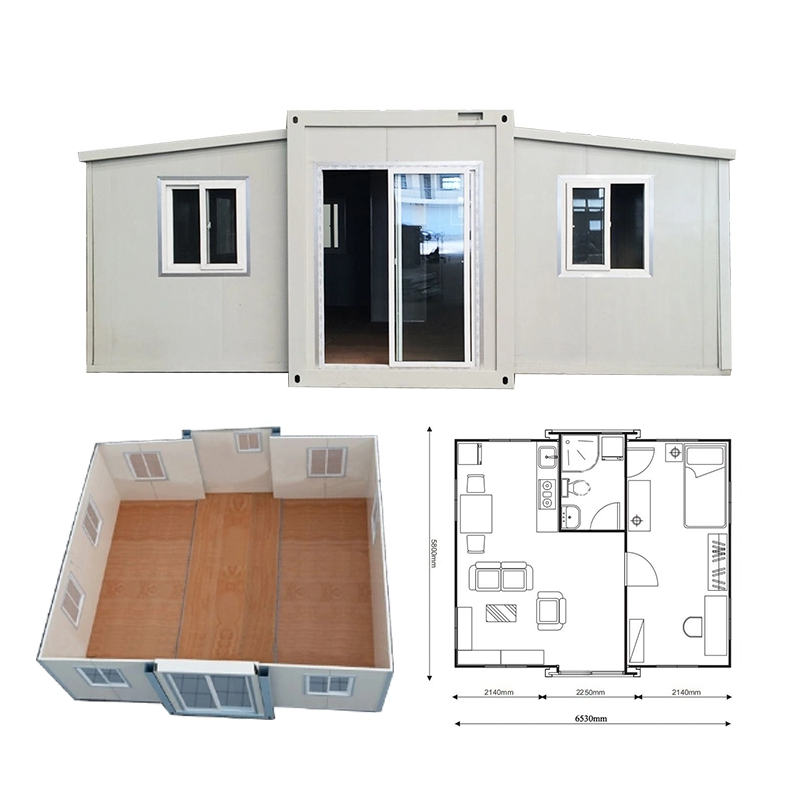
In terms of affordability, prefabricated houses offer significant cost savings compared to conventional homes. The efficiency of the manufacturing process translates to lower construction costs, while the reduced build time minimizes labor expenses. Additionally, the ability to mass-produce standardized components further drives down material costs. As a result, prefab homes provide an accessible housing solution for a wide range of budgets, making homeownership more attainable for many individuals and families.
Furthermore, prefabricated houses offer versatility in design and customization. Contrary to the misconception that prefab homes lack architectural diversity, modern prefab manufacturers offer a plethora of design options to suit various tastes and preferences. homeowners can choose from a range of floor plans, finishes, and features to personalize their prefab home to their liking. Additionally, modular construction allows for easy expansion or modification in the future, accommodating changing needs and lifestyles.
In conclusion, prefabricated houses represent a paradigm shift in the construction industry, offering efficiency, sustainability, affordability, and versatility like never before. As technology continues to advance and consumer demand for innovative housing solutions grows, prefab homes are poised to play an increasingly significant role in shaping the future of residential construction. Whether as primary residences, vacation homes, or even multi-family developments, prefabricated houses stand as a testament to the transformative power of modern building practices.
